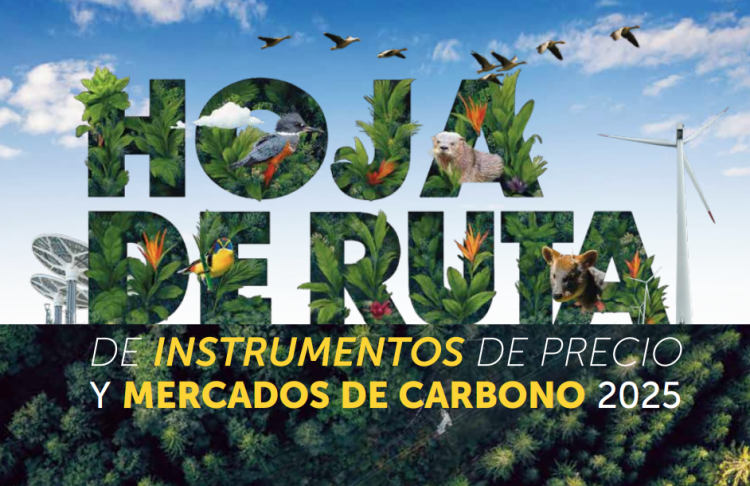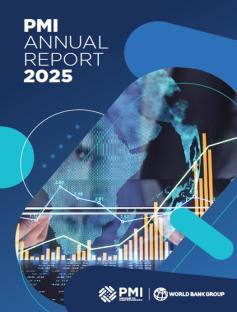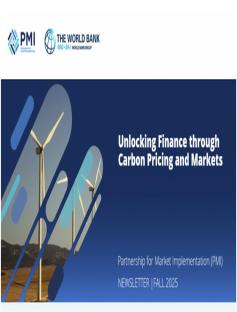Chile has launched its new Carbon Pricing and Carbon Market Roadmap, a strategy that aligns domestic carbon pricing instruments with the country’s participation in international carbon markets under the Paris Agreement. Developed with technical support from the World Bank’s Partnership for Market Implementation (PMI), UN ECLAC – Euroclima, and the Global Methane Hub, the roadmap was unveiled at COP30.
This Roadmap is the result of exhaustive work by the Ministry of the Environment, which seeks to coordinate, inform and provide clear guidelines to all stakeholders. Referring to this, Maisa Rojas, Environment Minister of Chile, stated that “the objective is to promote joint actions to meet our climate goals, making the private sector, local governments and communities protagonists of climate action, both in Chile and internationally.”
The roadmap consolidates the country’s carbon tax and emission standards and their compensation systems, as well as the voluntary certification program (Huella Chile)—while setting out how these domestic tools will interact with Article 6 of the Paris Agreement. Taken together, Chile expects this integrated approach to mobilize over USD 250 million per year in investments and generate at least 5 million tCO₂e in yearly emission reductions. It also recognizes the ongoing development of a pilot Emissions Trading System (ETS), as mandated by the Energy Sector Climate Change Adaptation and Mitigation Plan, and which is supported by PMI.
To operationalize its Article 6 approach, the roadmap sets out procedures for project approval, governance arrangements, and safeguards to ensure environmental integrity and prevent double counting, consistent with Chile’s climate change framework law, NDC, and Long-Term Strategy. It also identifies priority specific mitigation activity typologies across sectors, including forestry, energy, agriculture, mining, health and circular economy, public works, and transport, that may be eligible under Article 6. These activities are all important to Chile’s mitigation efforts, but the roadmap clarifies how each relates to the NDC, which is an important step for determining how they engage in Article 6. Specifically, an activity may:
- Fall outside the NDC scope, in which case Article 6 can help unlock additional mitigation potential;
- Fall inside the NDC and help accelerate implementation of an existing mitigation action; or
- Fall inside the NDC but have a share of credits authorized only when the activity faces economic barriers and participation delivers high benefits.
“Chile has taken an important step in laying out a clear and actionable framework for carbon pricing and market engagement,” said Pierre Guigon, Program Manager for the Partnership for Market Implementation. “This roadmap strengthens the country’s ability to mobilize investment and unlock resources for its development priorities.”
“We are pleased to have supported this effort and congratulate the Government of Chile on this milestone,” said Hania Dawood, Manager for Finance Economics in the Climate Change Group at the World Bank. “Helping countries bring carbon pricing and market instruments into their wider financing strategies is central to PMI’s work. Chile’s strategy also offers practical insights for other countries looking to chart a clear path in their own carbon pricing journey.”
The PMI Program in Chile is supporting the country as it strengthens and expands its carbon pricing architecture. Through targeted technical assistance, analytics, and capacity building, PMI is helping Chile enhance its domestic offsetting mechanism, design an energy-sector ETS pilot, and ensure coherence between different carbon pricing instruments. The program also supports the government’s Article 6 strategy, development of national carbon market infrastructure—including a future registry—and exploration of potential regional market linkages. These efforts are complemented by extensive stakeholder engagement and training to build the capacity needed for effective implementation.
Learn more and follow Chile’s work on their PMI Chile LinkedIn page.




